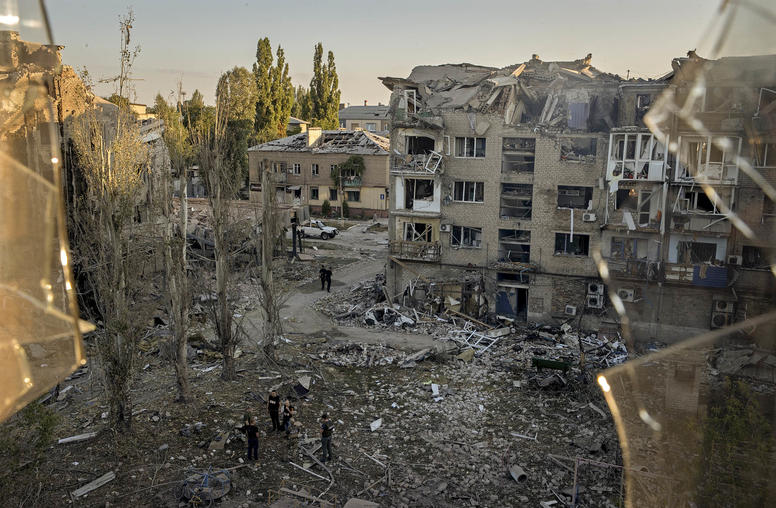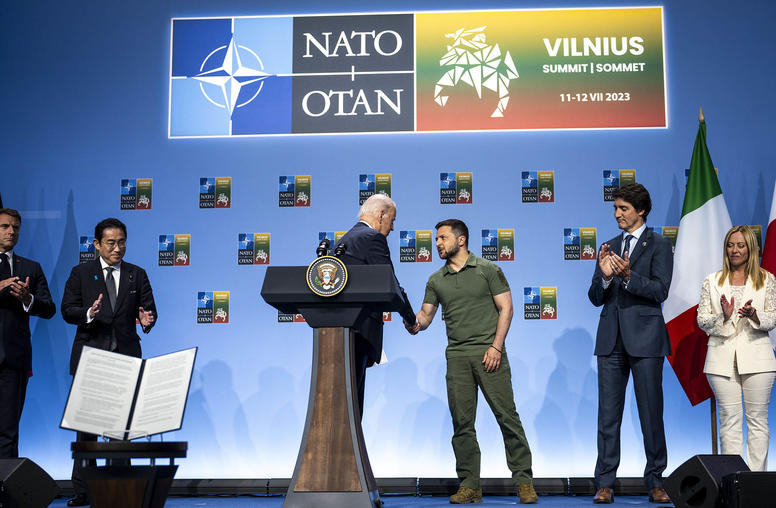Donald N. Jensen, Ph.D.
Contact
Please submit all media inquiries to interviews@usip.org or call 202.429.3869.
For all other inquiries, please call 202.457.1700
Dr. Donald N. Jensen is a senior advisor for Russia and Europe at the U.S. Institute of Peace.
He joined USIP after four years with the Center for European Policy Analysis, where he was a senior fellow and editor in chief. Dr. Jensen writes extensively on Russian domestic politics and Russian foreign and security policies. He also specializes in the domestic and foreign policies of other post-Soviet states, especially Ukraine, Georgia, the Baltic republics and information warfare. He is also an adjunct professor at the Krieger School of Arts and Sciences at Johns Hopkins University. He has lectured at various universities, including Harvard, Oxford, Stanford, Sarah Lawrence and George Washington University.
A former U.S. diplomat, Jensen provided staff support for the START, INF and SDI treaty negotiations and was a member of the first ten-man U.S. inspection team to inspect Soviet missile bases under the INF Treaty in 1988. While posted at the U.S. Embassy in Moscow in 1991, he witnessed firsthand the end of the USSR.
From 1996-2008, Jensen was associate director of broadcasting and head of the research division at RFE/RL, where he helped lead that organization’s expansion into new broadcast regions after the end of the Cold War and its adaptation of multimedia technology to deal with the broadcasting challenges of the 21st Century, especially in Afghanistan and Iran. In 2016, he was a visiting scholar at the NATO Defense College in Rome, where he carried out a major research project on Russia’s invasion of Ukraine.
Dr. Jensen received his bachelor’s from Columbia University and his master’s and doctorate from Harvard University.



